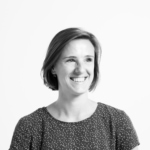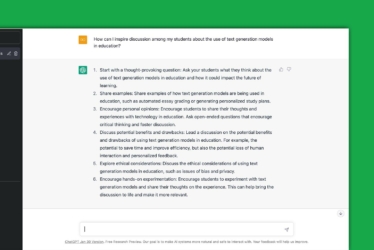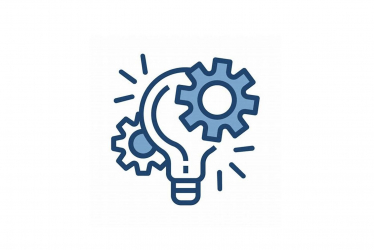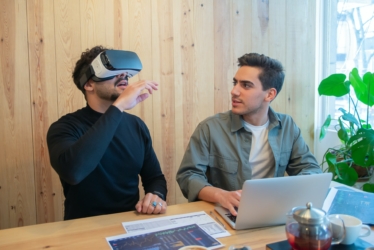Insights
Leiden University 2030: Daniek’s Vision for Lifelong Learning
In this thought piece Learning Experience Designer, Daniek Bosch, outlines a possible future scenario for the role universities can play in providing lifelong learning opportunities. Find out more about our work in Lifelong Learning.
At the moment over 1,400 different government funds for professional education are available. Over the next decade, these financial resources—together with the organisational budgets for personal development—will be combined in a fund to provide a “social insurance against ageing knowledge and skills”. The budget will be divided among educational institutions to provide further education.
In this future, everyone will always be enrolled in an educational institute throughout their career. Lifelong learning is the norm for the whole working population.
By continuously reflecting on their career development, people make their own decisions about what they need to learn and when they need to learn it. This might contribute to a person’s progression to a new career or a new commitment to develop in their current position. Just like annual leave, employees will receive an allowance of ‘learning-days’ to use within a given timeframe. For instance, you might choose to build up your allowance over time to take a 6-month learning leave to reskill yourself, or you could decide to learn for a few hours each week.
For people who seek career progression, be it in their current or a new position, Leiden University will provide relevant new skills and knowledge from recent scientific discoveries and pedagogical developments. These programmes are closely connected to applied universities where people will be able to learn how to apply this knowledge in their day-to-day jobs. People can start with the day-to-day stuff and learn more about the scientific background afterwards or the other way around.
Most institutes are now specialised in only a few subjects but they are always connected to a broad university like Leiden University. The task of Leiden University is to connect research fields to each other and find connections between disciplines. At Leiden, learning is centered around interdisciplinary connections and applying theories or concepts from one field to a new field to discover something new.
Learning will take place in online communities where people meet with a group of professionals currently aiming for the same learning goals. These professionals take turns in teaching and learning. There is a facilitator who guides the learning and who calls in other experts or resources when needed.
After finishing university you do not have your full degree yet. After your time at uni you are ‘qualified to start’, but you only graduate when you have been working (and continued learning) or doing research for a few years and have proven that you can turn the knowledge you gained at university into something useful for society (a sort of capstone project). Graduation ceremonies are held a couple times a year for those who have past their final projects. This can be anywhere between 4 to 15 years after you finish studying.
Microcredentials will be an outdated term, however we will use something that looks a bit like it. An online project/skills portfolio that lists the outcomes and skills you used in a project or gained in your learning activities (volunteer work or hobbies), this is verified by at least two people who worked with you.
In the context of Leiden’s role in lifelong learning:
Research Universities, like Leiden, become a hub for virtual and physical collaborations between expert, research and industry thought leaders. With foundational degrees and also short courses, traditional and historic Universities become a regional base for lifelong learners.







